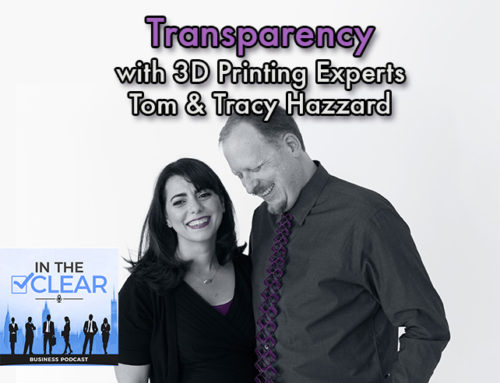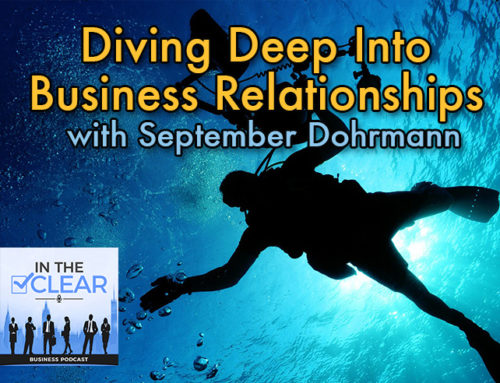I is important to understand that even if you know how to do a background that background checks do NOT constitute full due diligence. The concept of due diligence is vast, obscure and overwhelming. Most of our clients privately confess to us that they only have a vague idea of what due diligence means and absolutely NO idea how to do it.
Sound familiar?
If so, don’t worry, you’re in good company. Most people throw around the term due diligence and claim they do it, but secretly hope no one ever asks them specifics about it. Most never really understand what it is, when to do it, where to look for information, who to trust to do it, etc. and so on.
BusinessDictionary.com defines due diligence as: “The duty of a firm’s directors and officers to act prudently in evaluating associated risks in all transactions.”
What we have discovered is most business owners believe due diligence is limited to the services of a CPA and/or an attorney. Of course, both offer due diligence services. The CPA performs due diligence to ensure the books and numbers are in order. The attorney performs due diligence to make sure all the documents are in order.
So by definition due diligence means “evaluating risk in ALL transactions.” Referring to business documents and financials as the only means of making a decision for your business is an old model. It misses the bigger picture and can place your company at risk. To properly perform due diligence business owners must look beyond the paperwork and search for the root of what causes business dealings to go bad…people.
So ok, you do background checks on people. Unfortunately background checks give a false sense of security and are often times worse than not doing any due diligence at all. The thing is background checks are only good if the person you’re looking into was actually caught doing something illegal in the past. Often times scam artist and fraudsters continue to get away with people’s money because people realize it’s not necessarily cost affective to go after them to recoup expenses. So nothing ever shows on a background check report.
So now what?
That’s when the concepts and philosophies of the counterintelligence world come into play. The big fortune companies get it and employ their own teams of counterintelligence agents. However, these concepts seem to have skipped the rest of the business world somehow.
Fortunately for the rest of the business world, Avent-GuardTM Vetting and Due Diligence Solutions was built on a foundation of counterintelligence experience. As in the spy world, when it comes to business, you have to assess people, their backgrounds, associations, business practices, reputations, aptitude and check the veracity of the overall information individuals provide you prior to signing any agreements.
A lot of people we talk to don’t think they can do due diligence properly. This is so far from the truth. You do not have to be a trained agent to do this. In reality all you have to do is first, slow down in the decision making process. Second, realize that any sense of urgency to make a decision on engaging someone is always an indicator that should always lead to the question of “why?”
So how do it you then. How do can you think like a spy and protect your business. We made it super simple and after you read it, it may seem like common sense. However, when you stop and think about the process most decision makers are typically moving to fast and the steps outlined below are usually just an afterthought or only looked at during the clean up phase of a bad deal. Due diligence on the front end is always less expense than clean up on the back end.
So here it is. If you follow these three easy steps you will raise the bar for your business and mitigate 90% of the risk your business is exposed to as you engage new people.
Step 1: Critical Thinking: What do you know and how do you know it. If the only information you have on someone came directly from them or their website…you don’t have enough information to make an educated decision. Identify the gaps of information and what you need to know then move to Step 2.
Step 2: Ask the hard questions. This is where most business owners/CEO’s fail. They abdicate their power to the self proclaimed expert they are about to drop a ton of cash on…without asking any questions. Here’s the key, you have to ask the questions in such a way that gets a response that allows you to move into Step 3.
Step 3. Verify the information. If you then don’t follow up with some basic fact checking then you may as well not have even asked the question in the first place. This can be overwhelming and time consuming for most CEO’s. We get it. Key is it has to be done or you place your business at risk. Here’s a trick though, when you get to step two, depending on the questions you ask and the answers you receive, you’ll often have enough information to make your decision just based on how the person responded. In which case, there’s no need to move into Step 3.
By implementing the 3 Step Due Diligence Process into your business you will mitigate your risk. The process works across the board in any situation and increases the chance of successful business transactions. If you find yourself stuck and need some assistance, that’s ok too, since Avent-GuardTM is here to help. Check The Clear Business DirectoryTM first to see if the individual has been vetted. If not, ask them why and we’ll vet them for you. It’s what we do. Look for the “CLEAR” stamp where ever you do business and know that business was fully vetted by Avent-GuardTM Ready to stand out in your industry? Join The Clear Business DirectoryTM today! .
Contact us for more information.





